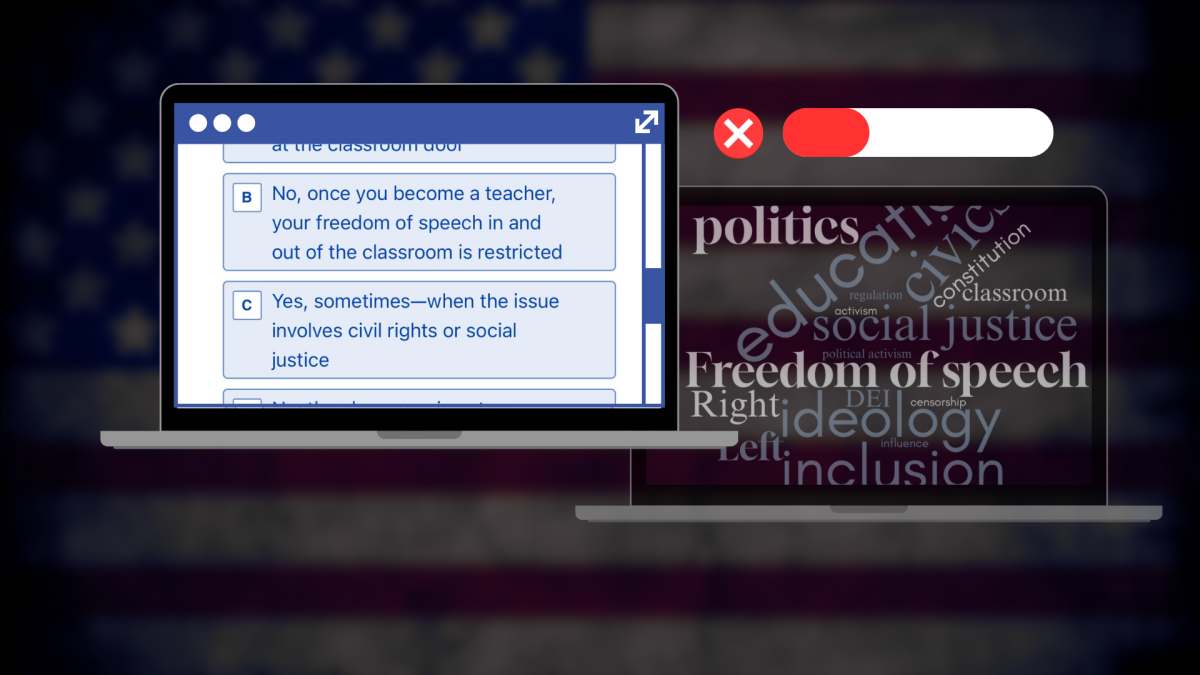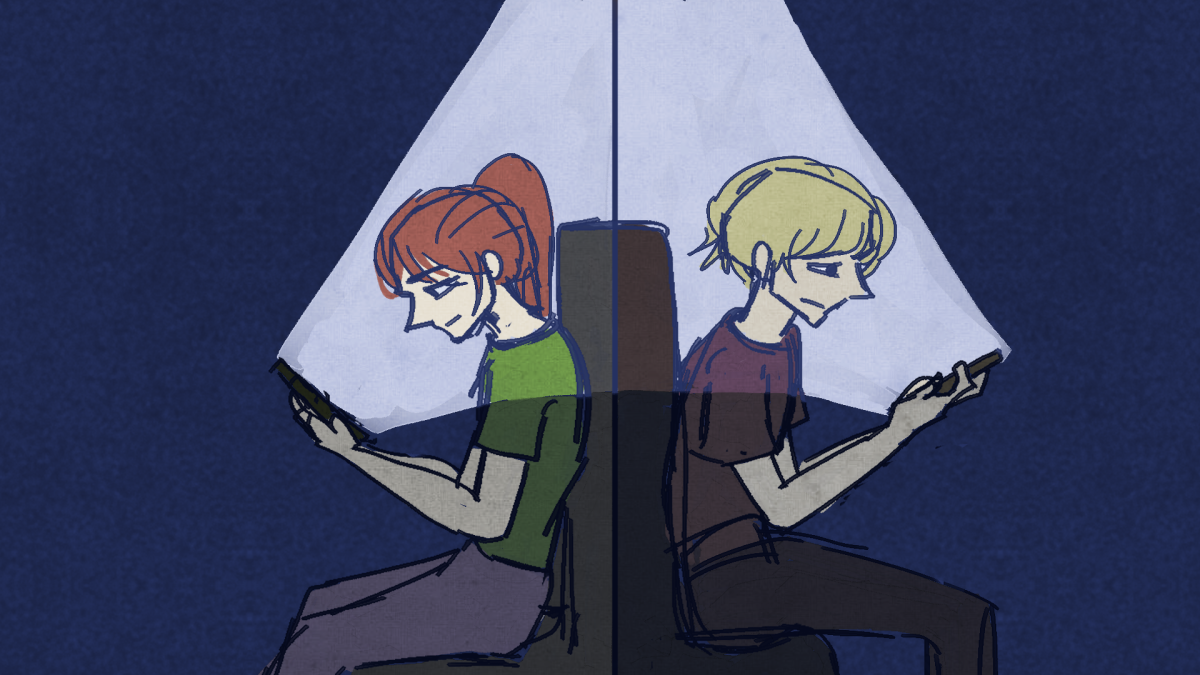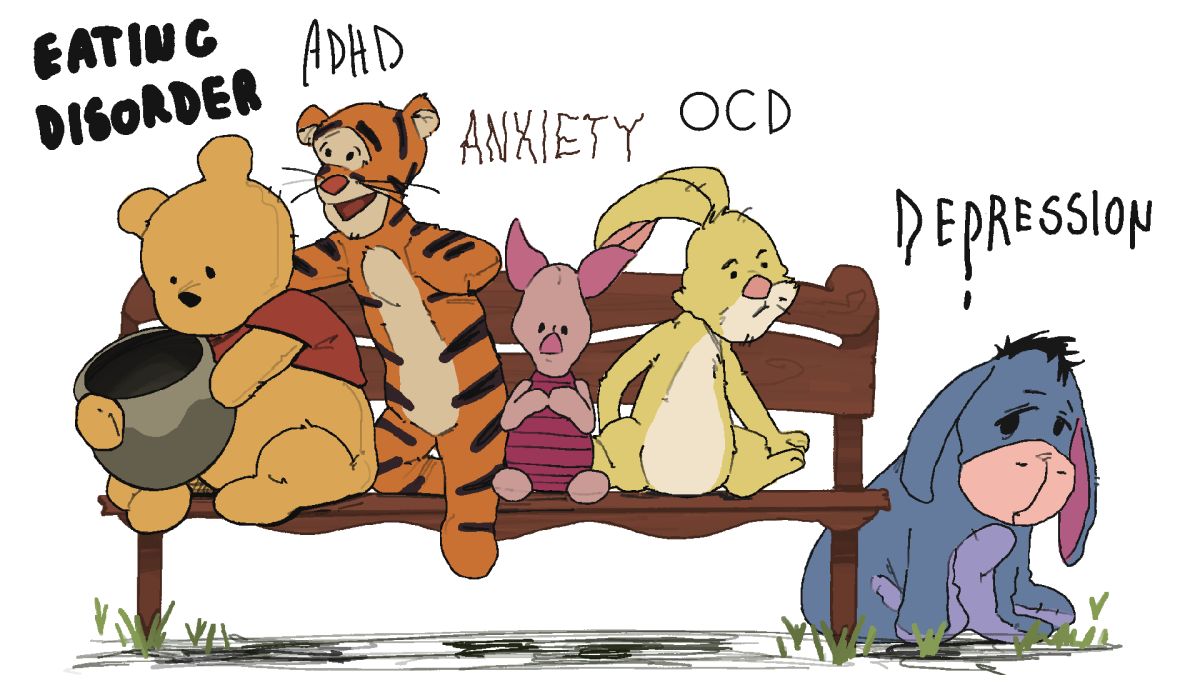When Oklahoma approved PragerU’s teacher certification test, it became more than just another bureaucratic policy change — it was a narrowing of the classroom itself. By filtering who can teach through an ideological screen, the policy threatens to strip students of the perspectives that help them grow: teachers with different backgrounds, experiences and worldviews.
PragerU is a conservative media group that produces curriculum and teacher training materials. They have positioned their ‘Teacher Qualification Test’ as a way to ensure that teachers “serve students with honesty and respect for our nation’s principles.” But critics warn that it functions as an ideological filter, one that discourages or even disqualifies teachers who might bring diverse perspectives into the classroom.
For many students, those perspectives are more than just beneficial — they are formative.
Sophia Tamayo, a first-year studying engineering, said she has always valued teachers whose lives looked different from her own.
“My family’s Hispanic, so for me, most teachers had a different background or perspective in that cultural way,” Tamayo said. “Especially if they had family from another country or studied abroad, I personally liked it because you could learn about other people and other cultures. It’s something maybe I wouldn’t have learned myself.”
For Tamayo, even something as simple as a teacher sharing about travel could enrich the lesson. “If someone went on a super cool trip and used it to inform their lessons, I think I get value out of that,” she said.
Ava Moore, a first-year studying statistics, recalled how her sixth-grade social studies teacher, who was highly active in civil rights and local politics, helped shape her understanding of the world.
“Having a teacher that was so politically active and also coming from a different racial background than mine really opened up my eyes,” Moore said. “I’d been in a majority white community up to that point, so just hearing his perspectives and his struggles living in our community really opened up my eyes to how I could be a catalyst for change.”
For Moore, a teacher’s willingness to bring lived experience into the classroom was empowering.
Hyde Schuelke, a first-year studying exploratory studies, said exposure to different perspectives in school helped prepare him for life beyond campus.
“I’ve definitely had some teachers with different perspectives or backgrounds, and I think it just puts learning into a perspective that’s different,” Schuelke said. “Nobody in the real world is going to be the same as you, and learning from that prepares you for the real world.”
The value of teacher diversity is hard to ignore. Classrooms are strongest when educators bring different racial, cultural and experiential perspectives. Narrowing who is permitted to teach based on ideology risks cutting students off from the richness of learning.
While the policy is currently limited to Oklahoma, its implications extend far beyond one state. In a time when schools are struggling to recruit and retain teachers, adding another barrier, especially one that would eliminate many highly-qualified individuals from the hiring pool, poses a major threat to the quality of our public education systems.
The students interviewed made clear what they stand to lose: the chance to see the world through eyes that are not their own. For Tamayo, it meant discovering cultures outside her family’s. For Moore, it meant realizing her potential to effect change. For Schuelke, it meant understanding that difference is part of the real world.
Policies like Oklahoma’s suggest that such experiences are expendable. The students, however, make a different case; classrooms are stronger when they reflect the world in all its variety.
If ideological filtering begins to dictate who can teach where, the strength of the education that these students recognize will fade away. We must begin to push back against this narrow gatekeeping and advocate for classrooms where diversity of thought and experience is not only allowed, but celebrated. After all, the lessons that stay with us longest usually come from voices different from our own.




